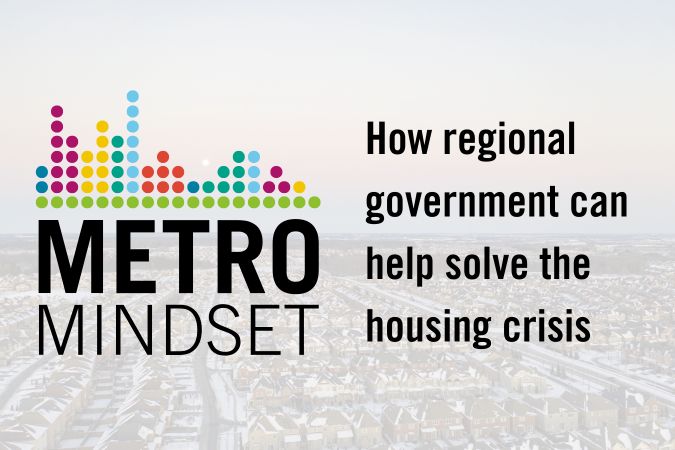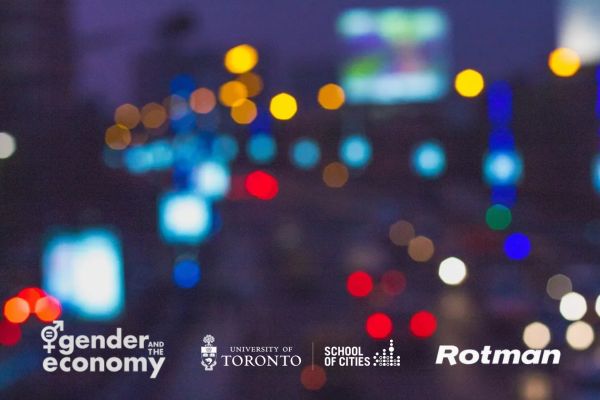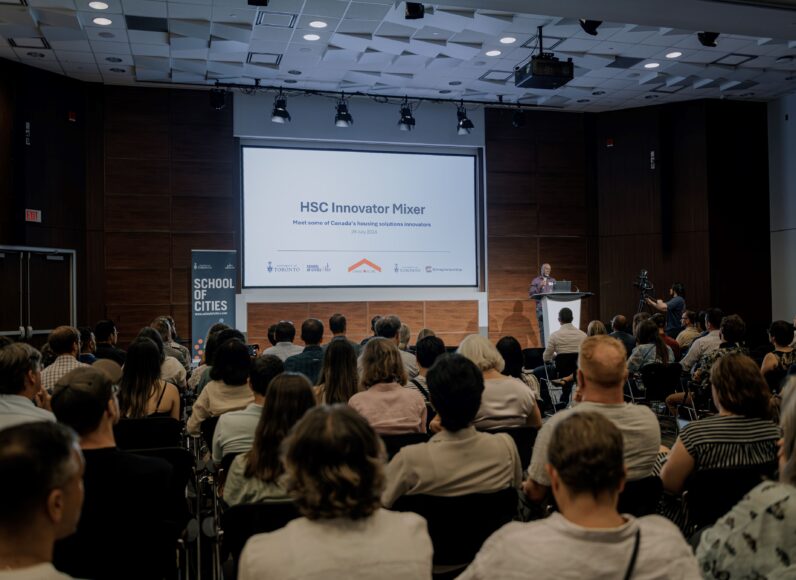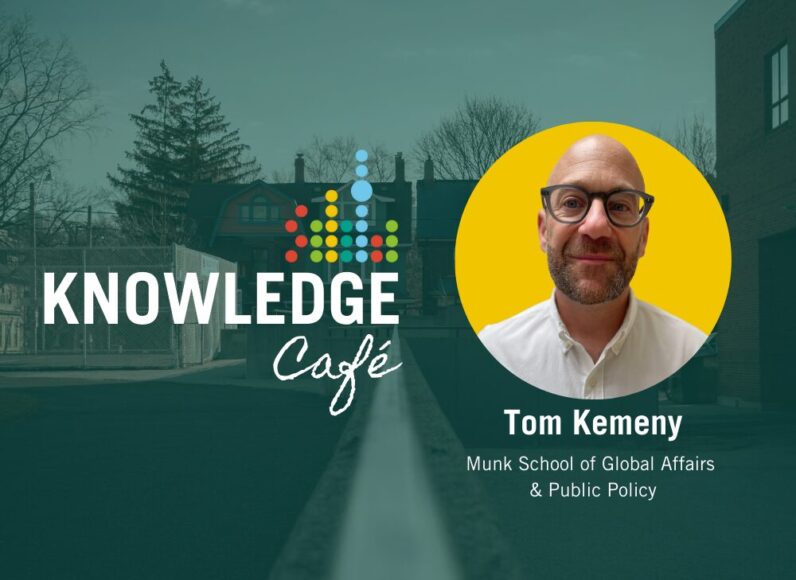This talk will discuss a project that explores the housing experiences of urban-dwelling American Indian/Alaska Native people across the United States. There is minimal disaggregated data about the diverse housing experiences of Indigenous people nationally. This includes those who are unhoused, are renters, homebuyers, or who live between reservation lands and cities. Funded by the National Science Foundation, this work is both quantitative, qualitative, and longitudinal and is done in partnership with the Urban Indian Health Institute, a Tribal epidemiology center.
This talk will highlight the various forms of racialization participants experience and how this impacts housing, regardless of enrollment or Tribal recognition status. These various forms of racialization for Indigenous people vary access to housing, space, and safety. In addition, we will discuss “opportunity rich neighborhoods” and how these are unsafe spaces for some Indigenous people. Centering the diversity of Indigenous people’s experiences within a settler-colonial housing context is crucial given the erasure of American Indian/Alaska Native people in urban housing research and the centrality of housing for human well-being.
About the speaker
Dr. Sofia Locklear is an Assistant Professor in the department of sociology. She graduated with her Ph.D. in Sociology from the University of New Mexico in 2021 and was a recipient of the American Sociological Associations Minority Fellowship Program in 2020-2021.Her research more broadly studies the racialization of Indigenous people in North America. This includes but is not limited to white identity formation, health, and housing outcomes for Indigenous people.









